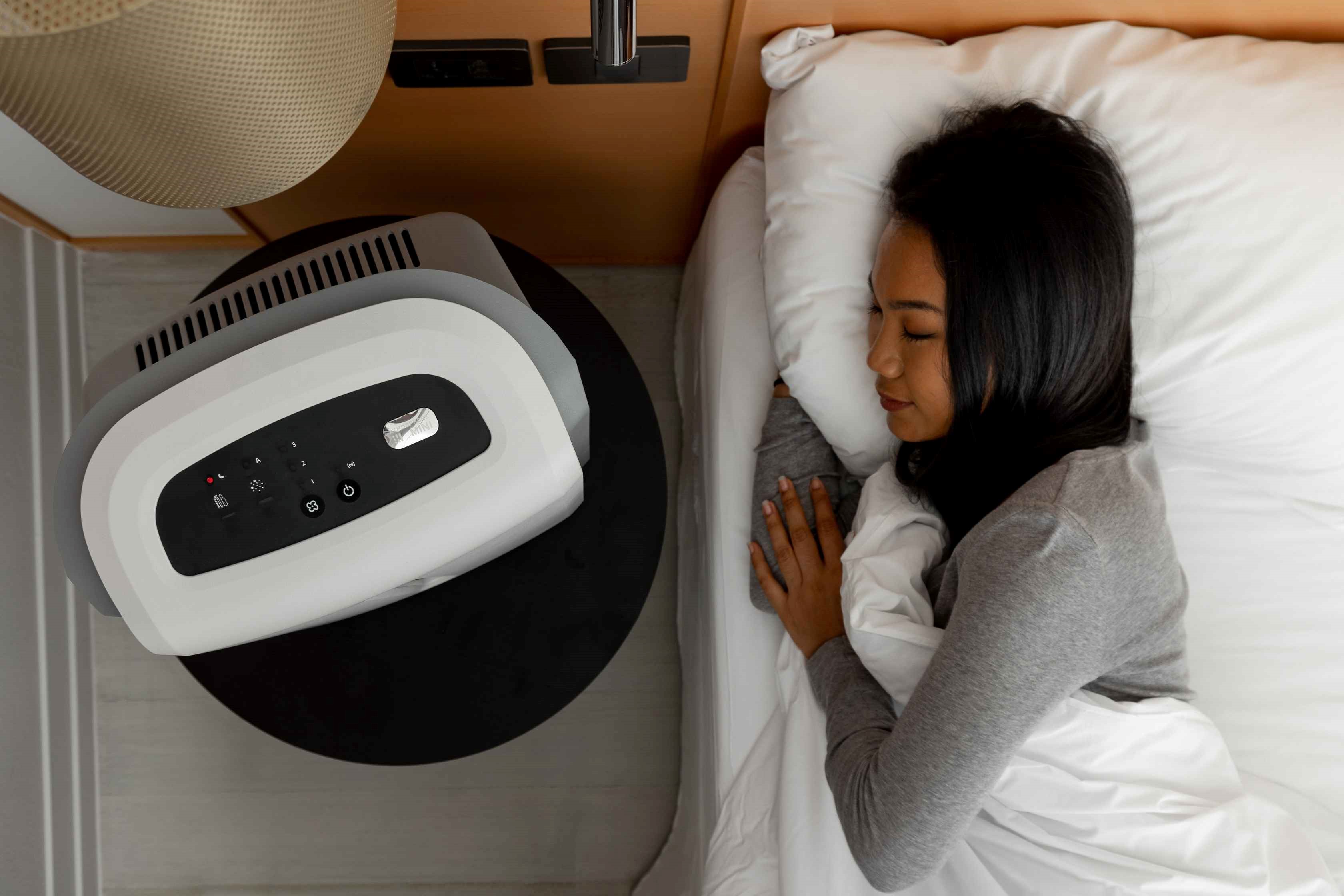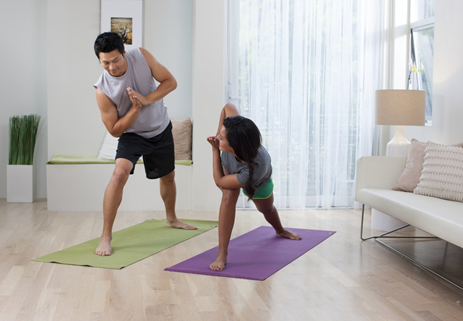When you get exposed to a disease-causing organism, the immune system eliminates it before it can make you sick. This natural line of defense plays a huge role in keeping you healthy and ready to face daily challenges.
Strengthening your natural defenses lowers the risk of catching various diseases like cough and flu. Want to keep your immune system in tip-top shape? Check out these tips.
Get a Daily Dose of Vitamin C

This well-known immunity booster supports the production of white blood cells, which helps your body fight infections. It also assists in cellular repair by removing the old ones and replacing them with a fresh batch of white blood cells.
Since this nutrient is water-soluble and is regularly expelled from the body, you need to consume ascorbic acid-rich food and supplements every day. One of the best sources of Vitamin C is acerola cherry, a fruit that contains about 50–100 times more ascorbic acid than oranges and lemons.
If you're looking for supplements filled with Vitamin C, look no further than NutriliteTM Daily. This tablet contains 11 vitamins and 8 minerals, which range from ascorbic acid to zinc. It's enough to meet an adult's daily nutritional needs and power you throughout the day.
For little ones, try NutriliteTM Kids Vitamins and Minerals. Each chewable tablet of NutriliteTM Kids Vitamins and Minerals is packed with nutrient essentials, which include acerola concentrate and calcium. Adding this supplement to a child's diet will help them maintain a robust immune system.
Vitamin C supplements can be taken at any time. For maximum absorption, you should take little doses spread throughout the day. But be careful not to go above 1,000 mg of Vitamin C per day or you may experience tummy problems.
Catch Up on Your Zs

Back-to-back virtual meetings, online classes, and doing your house chores may make it difficult to get enough rest. However, consistent lack of sleep or poor sleep quality can increase the risk of getting sick.
A study involving 164 adults shows that those who regularly slept for less than 6 hours were more susceptible to catching colds than those who got a daily good night's sleep. Adults must try to get at least 7 hours of sleep every night, while little kids must sleep for up to 14 hours a day.
In the digital age, especially during this pandemic, gadgets are used for work, school, and leisure. Unfortunately, the blue light from smartphones and computer screens can mess with your sleep cycle.
Blue light promotes alertness, which can make it hard to fall asleep. The solution? Limit screen time for one hour before bedtime. Sleeping in a dark room also helps. If your roommate prefers sleeping with the light on, a sleep mask should do the trick.
Keep a Home Workout Routine

Regular moderate exercise helps antibodies flow more rapidly around the body and aids in the frequent regeneration of immune cells. Since many are currently working and studying from home, exercise must be adapted for home settings as well. Here are some beginner-friendly activities that you can do at home:
- Chair Squat - Doing squats enhances your core and leg muscles, which greatly aids agility. Putting a chair behind you while squatting will help you perfect the proper form.
Do it by bending your knees and lowering your back until your butt reaches the chair. Your arms should be extended in a forward position as well. Then, rise and repeat the previous steps.
- Stationary Lunge - This exercise is good for the hamstrings and glutes. Begin by standing with the legs apart and your right leg in front. The right foot should lay flat on the floor, while your left foot's toes should be pointed to the ground.
Then, bend your knees and lunge. Stop when your left knee touches the floor. Rise and return to the starting position. Repeat for as long as you want, then switch legs.
- Forearm Plank - This is great for toughening up the core. To do this, get in the plank position on your forearms. The body should form a straight line starting from the head down to the feet. Make sure that your hips and lower back won't slump. Lastly, stay in this position for thirty seconds to one minute.
Drink Enough Water

Preventing dehydration is important for maintaining overall health. Some negative effects of dehydration include headaches, inability to focus, and digestion difficulties. These can be prevented by drinking plenty of fluids.
In general, you should drink when you feel thirsty, but you'll need to drink more if you live in a tropical climate, work outdoors, or engage in strenuous exercise. The elderly also needs to drink more because their bodies have a weakened thirst signal.
Consume Alcohol Moderately
Drinking alcoholic drinks in huge quantities is harmful to your health. When the body tries to cleanse a high level of alcohol from the system, the normal functions of the immune system are affected.
Aside from this, alcohol slows down fat metabolism, which makes it tough to shed calories. That's why you should limit your consumption to two drinks a day. A drink is equivalent to 5 ounces of wine or 12 ounces of beer.
Cut Back on Sugar
Lowering your sugar intake will help you lose weight, which reduces the risk of developing chronic illnesses like heart disease and type 2 diabetes. Try to limit your daily sugar intake to 37.5 grams for men and 25 grams for women.
Begin by staying away from sweetened beverages such as soda and fruit juice. These drinks have a high sugar content but are low in fiber, a carbohydrate that regulates blood sugar and delays the feeling of hunger. That's why consuming sugary drinks won't feel as filling as eating fiber-rich food like whole grain and beans.
The immune system is your body's first line of defense against foreign bodies, so it's a good idea to keep it in excellent condition. From regularly exercising to eating less sugar, there are various ways to give it a boost. These gradual changes to your diet and lifestyle can protect you from easily getting sick.